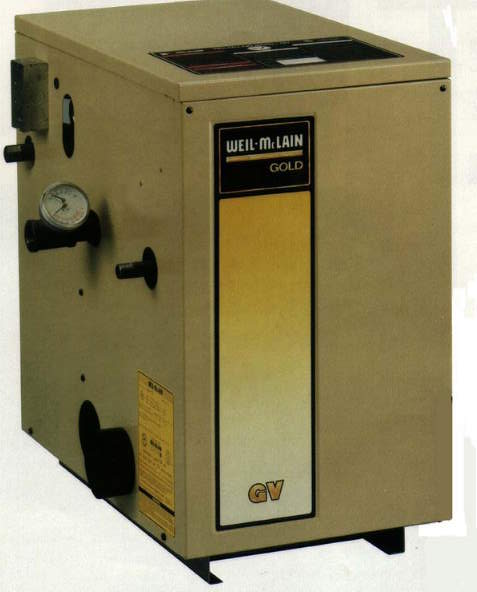Hi,
Can someone recommend a heating system, I am looking for a reliable conventional direct vent gas boiler and a reliable hot water tank (direct? indirect? I don't know) that won't explode in 10-12 years. 2200 sq ft house, 3.5 baths, New York. The contractors I have been calling don't seem to have any opinions on equipment, they just sell whatever their boss gets a discount on. I don't want any headaches, I want a system that I won't have to worry about, so if professionals can respond with their experience and what you like and why, I'd appreciate it.
Also if you can tell me what kind of maintenance I can expect to need to do and how often. I have oil now, called 1x a year for a cleaning and never had any problems; didn't need a water heater so that's new for us. Have a friend who got a superstor water heater with a lifetime warranty. Are those any good? They don't have the anode rods in them so allegedly they never go bad.
Thanks in advance!
Can someone recommend a heating system, I am looking for a reliable conventional direct vent gas boiler and a reliable hot water tank (direct? indirect? I don't know) that won't explode in 10-12 years. 2200 sq ft house, 3.5 baths, New York. The contractors I have been calling don't seem to have any opinions on equipment, they just sell whatever their boss gets a discount on. I don't want any headaches, I want a system that I won't have to worry about, so if professionals can respond with their experience and what you like and why, I'd appreciate it.
Also if you can tell me what kind of maintenance I can expect to need to do and how often. I have oil now, called 1x a year for a cleaning and never had any problems; didn't need a water heater so that's new for us. Have a friend who got a superstor water heater with a lifetime warranty. Are those any good? They don't have the anode rods in them so allegedly they never go bad.
Thanks in advance!





